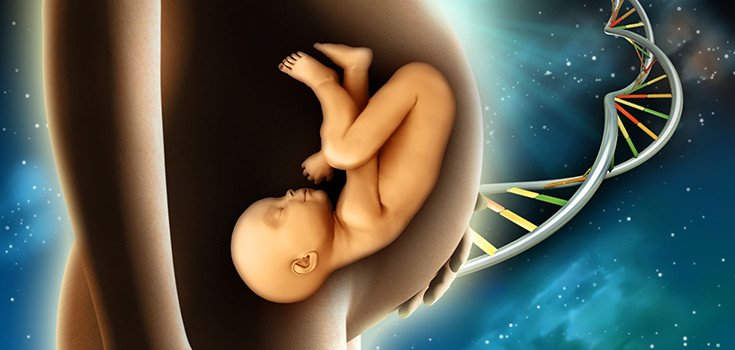‘Steer Clear of Creating GMO Babies,’ Scientists and Ethicists Say

‘Proceed with caution, but steer clear of creating GMO babies’ was the general message sent Thursday by the dozen scientists and ethicists who organized the International Summit on Human Gene Editing in Washington, D.C.
The experts said at the end of 3 days of deliberation and presentations that not all gene therapy should move forward, and the world is not ready for “germline” editing that permanently changes an embryo so that the edit could be passed along to future children.
The meeting, sponsored by the national science academies of the U.S., Britain and China, is merely intended for idea swapping and passing along general guidance on gene editing. None of the scientists or ethicists has the authority to make anyone do anything.
“Intensive basic and preclinical research is clearly needed and should proceed, subject to appropriate legal and ethical rules and oversight, on technologies for editing genetic sequences in human cells; the potential benefits and risks of proposed clinical uses, and understanding the biology of human embryos and germline cells,” the final statement reads.
“If, in the process of research, early human embryos or germline cells undergo gene editing, the modified cells should not be used to establish a pregnancy.”
Proponents of gene editing technologies say germline editing could be used to end genetic diseases “and, ultimately, to alter the course of evolution,” says Jennifer Doudna of the University of California, Berkeley, wrote in an editorial in the journal Nature. The geneticist proposed the summit and served on its 12-person committee.
But opponents fear the technology, known as CRISPR, could stack the deck against those who may not have access to the treatments. It could allow scientists to create “designer” children for parents, including kids with a specific eye or hair color, intelligence level or artistic ability. In a bizarre and frightening world, parents could even theoretically make glow-in-the-dark babies or little ones who only need a few hours of sleep per night to function.
It’s not hard to imagine how governments – or even terrorist organization, with the right funding and support – could misuse such powerful technology.
CRISPR is cheap, easy and powerful, which is either wonderful or terrible, depending what side you’re on. It’s also incredibly powerful and not fully understood. A mistake could introduce a devastating mutation into the human race that is permanent, especially since non-experts could easily get their hands on the technology.
The Center for Genetics and Society (CGS) and the activist group Friends of the Earth had called for a global ban on editing human embryos, but the committee said a complete ban would be impractical, and urged the international community instead to set global norms including shared regulations and an ongoing forum “to discourage unacceptable activities while advancing human health and welfare.”
The 10 scientists and 2 ethicists agreed that there is no reason to stop the use of gene editing to try and correct immune deficiencies and other diseases. Such gene therapy is already being tested on some patients.
The creation of genetically modified embryos is what makes the committee cringe.
Until researchers have a firmer grasp on CRISPR technology, and until these universal regulations can be set, the committee warned that the scientific community should keep its hands off germline editing for now.
“It would be irresponsible to proceed with any clinical use of germline editing unless and until (i) the relevant safety and efficacy issues have been resolved, based on appropriate understanding and balancing of risks, potential benefits, and alternatives, and (ii) there is broad societal consensus about the appropriateness of the proposed application.”
The U.S. National Institutes of Health (NIH) has said it won’t finance germline editing in human embryos due to safety and ethical issues. For now, any researchers who wish to work with embryos will have to find their own funding, even if the embryos are not intended for implantation.
The White House has also said that “altering the human germline for clinical purposes is a line that should not be crossed at this time.”
Sources:
[3] NBC News
[4] Slate
